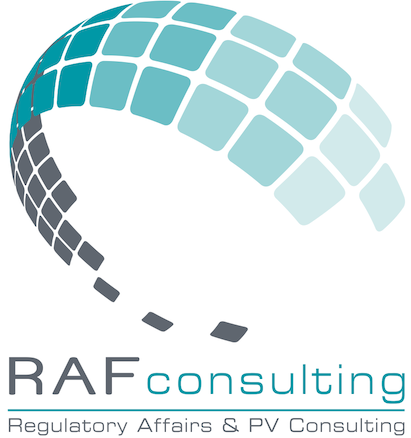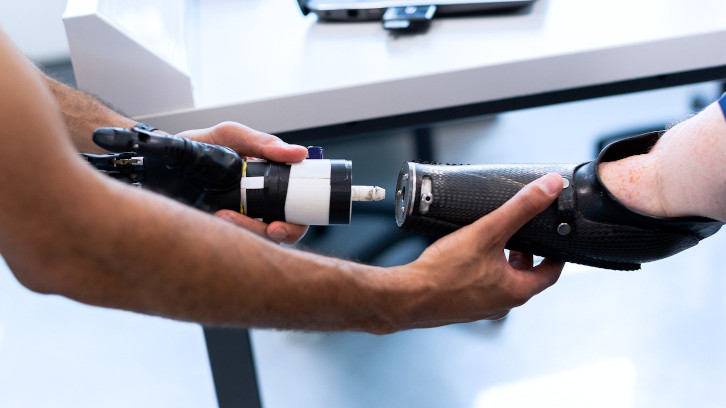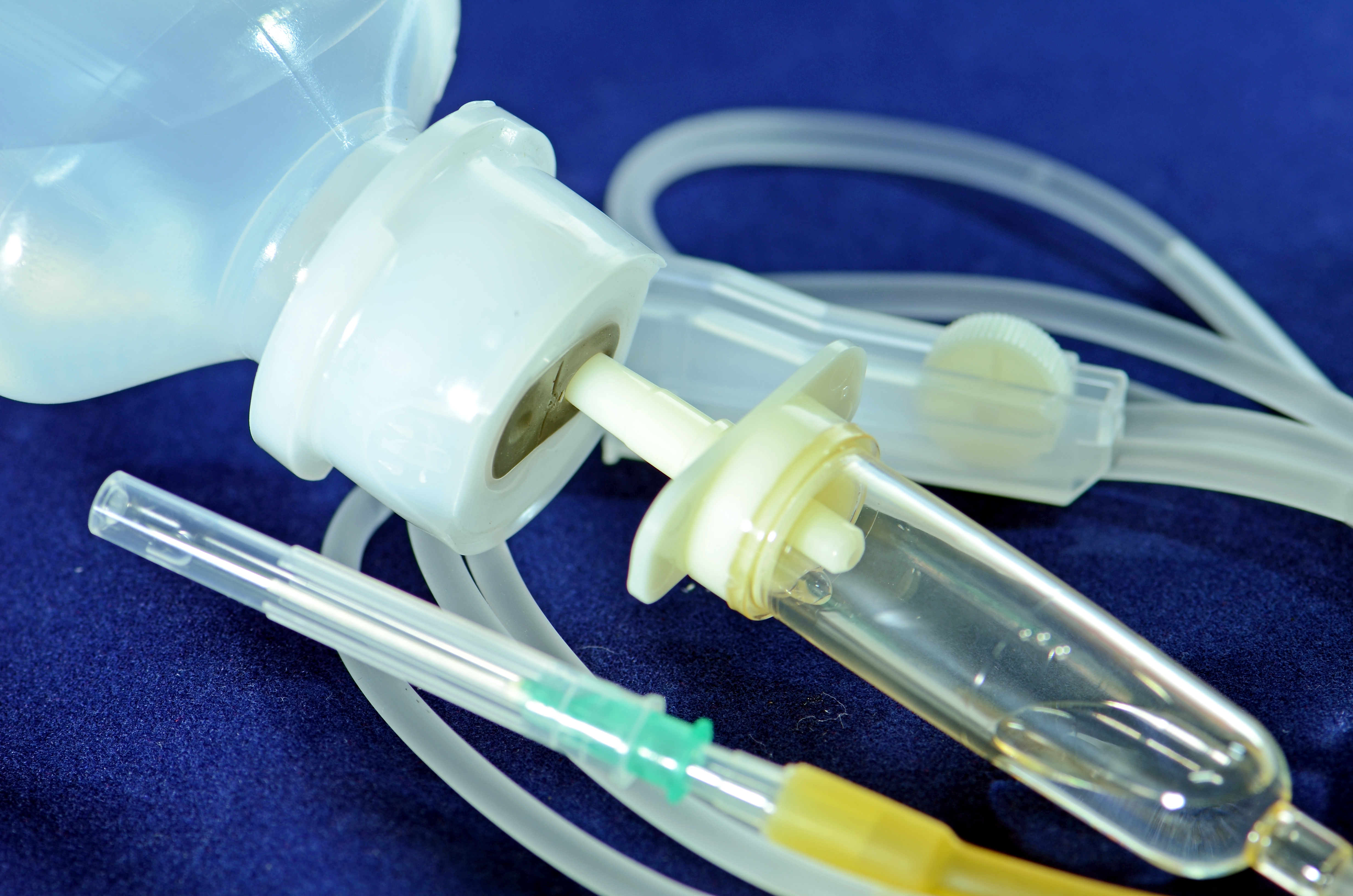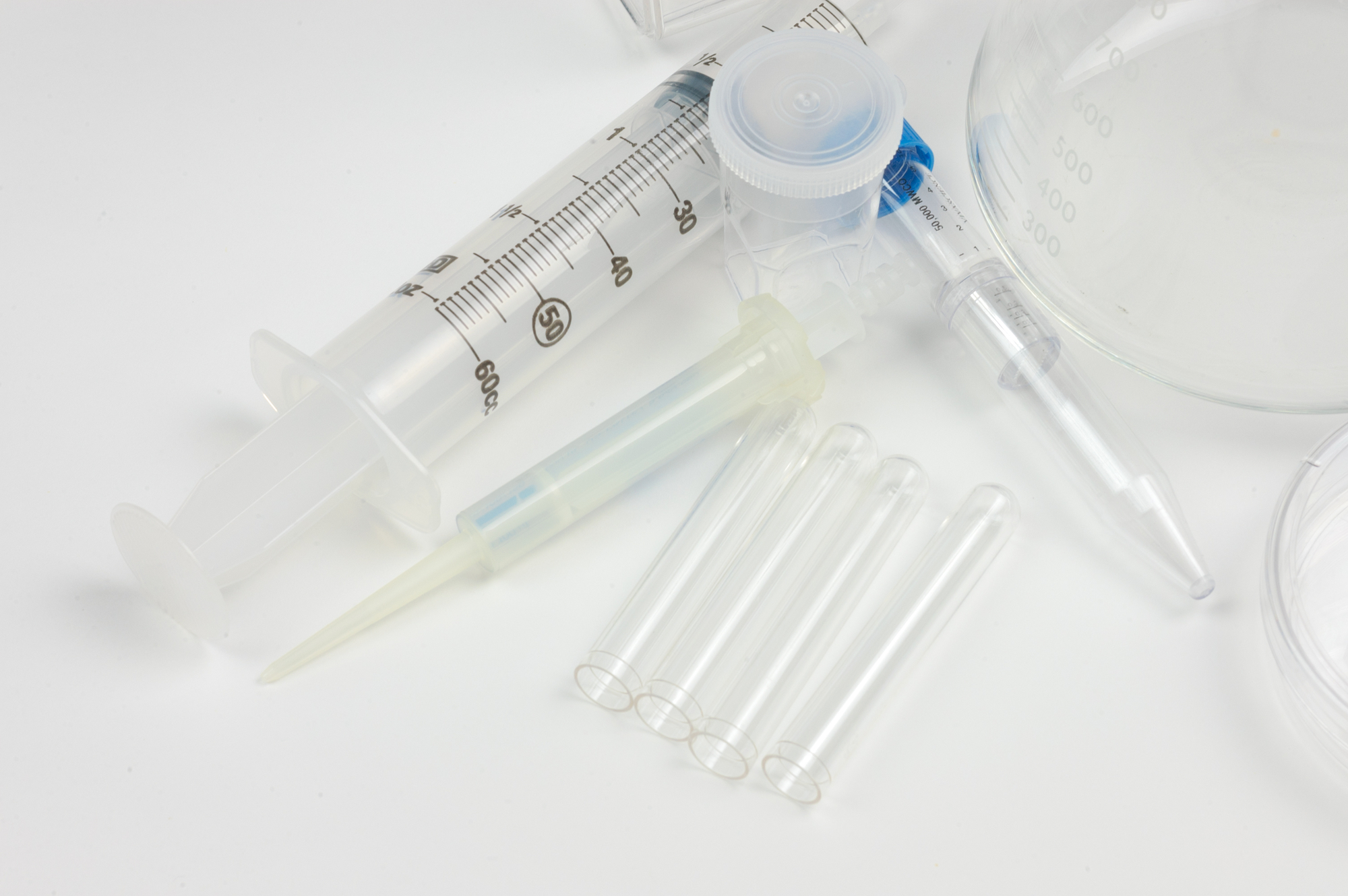On June 22nd of this year an agreement was published, which modifies the one published on January 28th, 2020, on marketing authorization certificates through equivalence acknowledgement for authorized medications by the regulatory agencies, mentioned afterwards.
The most important modification is that in the agreement of June 22nd, Medical Devices are now included, which were not on the first edition of the agreement. It also establishes the criteria and technical requirements needed to apply for the approval through equivalence acknowledgement.
Remember that ‘medical devices’ include all items mentioned on Chapter IX of the Regulation of Healthcare Products (RIS): medical equipment, prosthetics, orthotics, functional help, diagnostic agents (IVD), odontology products, surgical material, healing material, hygiene products, and other healthcare products.
It is important to differentiate this agreement from the ones published in 2010 and 2012, since the requirements of marketing authorization certificates through equivalence acknowledgement are totally different. Though, it may be confusing because some of the regulatory agencies are the same and both agreements mention equivalence and acknowledgement. However, they are completely different topics.
The agencies acknowledged on this agreement for the marketing authorization certificate in Mexico are:
| Regulatory agency: |
| FDA – USA |
| Health Canada |
| MHLW (Ministry of Health, Labour and Welfare) Japan, for the marketing authorization in Japan |
| Tests and monitoring: |
| PMDA (Pharmaceuticals and Medical Devices Agency), Japan |
| European Commission |
| MHRA – Medicines and Healthcare products Regulatory Agency, United Kingdom |
| MFDS – Ministry of Food and Drug Safety, Korea |
| TGA – Therapeutic Goods Administration, Australia |
| ANVISA – Brazil |
Marketing authorization certificates protected by this agreement:
- To apply for marketing authorization certificates of medical devices, it is required to apply in writing
- Dossiers can be submitted in English or Spanish
- Attention times for applications will be half than the established period
- The established periods mentioned on Art. 179 in RIS are:
- Class I – 30 days with affirmative ficta
- Class II – 35 days
- Class III – 60 days
- With pre-verification from authorized third parties – 15 days
- So, the longest period will be 30 days, which should be confirmed in practice.
There are some important considerations mentioned in the publication form January 28, 2020, that will not be affected by the last publication:
It will be reason to reject the application if the product is bulletined by the WHO or by any regulatory agency, or when the safety profile is not acceptable, or the risk-benefit ratio is not favorable.
Period: 30 workdays with negative ficta, one third (10 days) for administration requirement deficiency letters, two thirds (20 days) for technical requirement deficiency letters. As in any other procedure, once a deficiency letter is issued, the timeline will be suspended and resumed the next workday after an answer has been submitted.
The marketing authorization certificate holders that obtain the certificate through this ordinance are not exempt of complying with other requirements to maintain the approval, or be subject to sanitary monitoring and control. It remains an obligation to make registration renewals and variations, as with any other marketing authorization approval obtained through any other path.
If the registration in the country of origin is revoked, Cofepris must be informed within 5 workdays, as well as any changes in the safety profile or risk-benefit ratio.
The requirements to obtain the registration by this path will be published soon in this same site, please subscribe to our newsletter to be informed.







